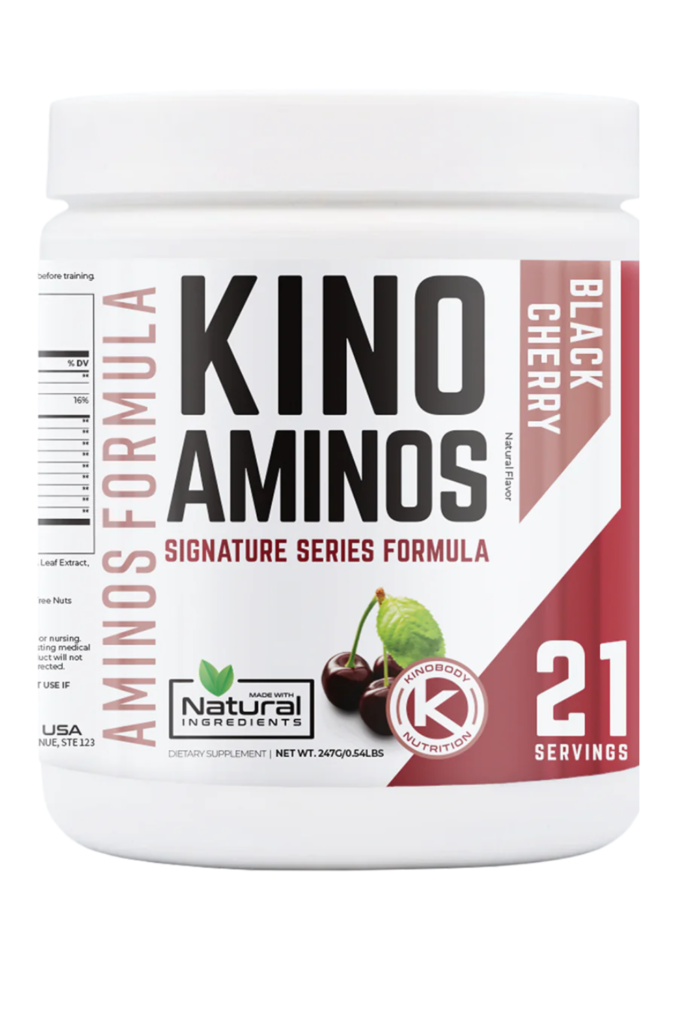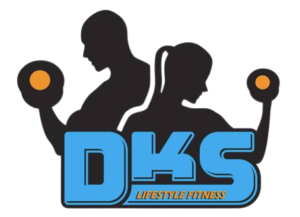
Amio acids for muscle growth has been a divisive topic in the fitness community for quite some time. Many people think this supplement is useless, but they don’t understand where it truly shines.
This article will address what amino acids are and how they support muscle growth and fat loss.
What are Amino Acids?
Amino acids are molecules that make up proteins. The breakdown and digestion of proteins form amino acids in the body. Protein is important for muscle development, tissue repair, energy, and the maintenance of other bodily functions.
As humans, we have 20 different amino acids for our bodily functions. 9 of these amino acids are considered essential amino acids. The other 11 are considered non-essential amino acids.
What are the 9 Essential Amino Acids?
The 9 essential amino acids are:
- Histidine
- Isoleucine
- Lysine
- Methionine
- Phenylalanine
- Threonine
- Tryptophan
- Valine
- Leucine
What are the 11 Non-Essential Amino Acids?
The 11 non-essential amino acids include:
- Alanine
- Arginine
- Asparagine
- Aspartic acid
- Cysteine
- Glutamic acid
- Glutamine
- Glycine
- Proline
- Serine
- Tyrosine
Essential Amino Acids vs Non-Essential Amino Acids
Essential amino acids cannot be naturally produced by the body. They could only come from dietary sources such as beef, poultry, soy, quinoa, dairy products, and supplement drinks.
Non-essential amino acids can be naturally produced by humans. For this article, we are going to focus primarily on the essential amino acids.
The Most Important Amino Acids for Muscle Growth
Branched-Chain Amino Acids or BCAAs are the most important amino acids for increasing muscle mass. Of the 9 essential amino acids, 3 of them are BCAAs.
The 3 BCAAs include:
1. Valine
Valine helps stimulate muscle growth and muscle tissue repair. It also supports the production of energy
2. Leucine
Leucine is arguably the most popular of the 3 branched-chain amino acids. Like valine, leucine is imperative for muscle protein synthesis and muscle tissue repair. It also promotes human growth hormone production, healing from cuts or wounds, and blood sugar regulation.
3. Isoleucine
Isoleucine promotes muscle metabolism and occupies a large portion of muscle tissue. Isoleucine also supports a functional immune system and the regulation of energy.
Branched-Chain Amino Acids Can Help Reduce Muscle Soreness
Several studies suggest that branched-chain amino acids can reduce delayed onset muscle soreness. This is the soreness you feel a day after a training session and can last up to 3 days. Studies are still being done to understand delayed onset muscle soreness, but researchers believe it is the result of tiny tears in the muscle that occur after exercise.
How Amino Acids Support Fat loss
Fat loss is where amino acid supplementation truly shines. We know that a caloric deficit is needed to produce weight loss. We know that a proper strength training program and sufficient protein intake is needed to ensure that weight loss is fat loss.
The problems occur when you want to get very lean. For example, if you are a male dieting below 12% bodyfat, you are more at risk for muscle loss in a caloric deficit.
Despite being in a small deficit, maintaining a high-level of strength in the gym, and getting 0.82 -1 gram of protein per pound of body weight, your muscles still won’t be fully protected at such a low body fat level.
Amino acid supplementation can ensure you maintain all your muscles as you continue to lean down. It can also help you maintain functional strength in the gym.
How Amino Acids Can Help You Sleep
The main essential amino acid that supports your sleep quality is tryptophan. It can help stimulate a neurotransmitter in your brain called serotonin. High levels of serotonin can promote feeling of relaxation and good mood.
Serotonin production in the brain is the main reason why eating most of your carbohydrates at night is so beneficial for fat loss and building muscle.
You would find it easier to manage hunger at night and fall asleep while sustaining a calorie deficit.
Sleep is one of the most overlooked aspects of building muscle and losing fat. Research has shown that lack of sleep can lead to muscle loss on a fitness program.
Who Should Supplement with Amino Acids?
There are 2 groups of people that would benefit from an essential amino acid supplement.
1. Lean Strength-Training Individuals
Strength athletes that are at advanced levels of leanness would benefit highly from an EAAs supplement. Let’s say you are 12% body fat, and you are trying to get to signal digit body fat, you are more at risk for muscle protein breakdown in a caloric deficit.
If you supplement with essential amino acids, you can continue to retain muscle and make strength gains in the gym as you work your way to the goal body fat percentage.
2. Sports Athletes
Sports athletes train a lot. They train more than the average gym goer. If you are a lean athlete that participates in track and field, gymnastics, football, basketball, or any kind of endurance sport, you are more at risk for injury.
Essential amino acid supplementation can reduce your risk of sports-related injury by strengthening your joints, tendons, and ligaments. This will ensure you are able to maintain athletic performance.
Kino Aminos

Kino Aminos is an incredible amino acid supplement. It supports your body’s ability to grow and maintain muscle. You can purchase kino aminos from kinobody.com.
Through peer-reviewed research, the essential amino acids in kino aminos have been shown to decrease muscle soreness, reduce fatigue, and improve recovery.
This supplement is 100% natural and includes all 9 essential amino acids.
Kino aminos is also fasting-friendly, so if you are on an intermittent fasting plan and you prefer to train fasted, then this supplement can be a great tool.
Click here to Purchase Kino Aminos. Use discount code: DEVONE69602 and receive 10% off your purchase.
Conclusion
An EAAs supplement would be important if you desire to achieve low levels of body fat while retaining all of your muscles. If you don’t care about being that lean, you don’t really need it. If you are over 20% body fat you wouldn’t need it.
You would just have to focus on sustaining a calorie deficit, eating a high protein diet, and of course strength training. You should never let supplementation take priority over nutrition. Look at supplementation as a tool for achieving your fitness goals.
If you want to learn more about supplementation, check out this article 5 Best Natural Supplements for Fat Loss and Muscle Gain.

One Response